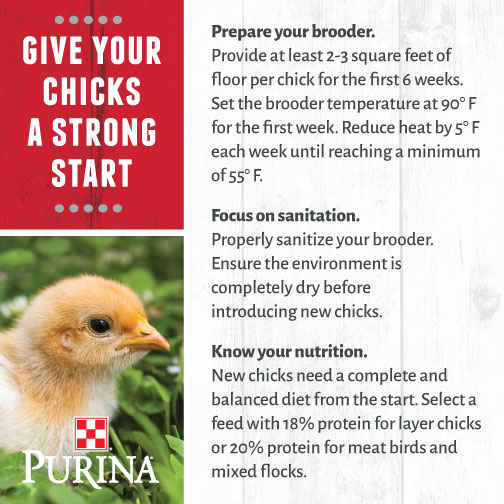
Raising chickens can be a rewarding and enjoyable experience. Whether you are looking to raise chickens for eggs, meat, or simply as pets, having a successful chicken coop is essential. In this article, we will provide you with some tips and tricks for creating and maintaining a successful chicken coop.
Choosing the Right Location
One of the most important aspects of building a successful chicken coop is choosing the right location. The ideal location for a chicken coop is one that is well-drained, has good ventilation, and offers protection from predators. Additionally, the coop should be located in an area that receives plenty of natural sunlight.
When choosing a location for your chicken coop, it is important to consider the size of your property and the number of chickens you plan to raise. Make sure the coop is large enough to comfortably house your flock while still leaving enough space for them to roam and forage.
Building the Coop
When building a chicken coop, it is important to consider the needs of the chickens. The coop should be well-ventilated, provide protection from the elements, and offer plenty of space for the chickens to move around. Additionally, the coop should be easy to clean and maintain.
When designing the layout of the coop, consider adding nesting boxes, roosting perches, and a designated area for feeding and watering. It is also important to consider the type of flooring you will use. Many chicken owners opt for a dirt or gravel floor, as it is easier to clean and helps to prevent the buildup of odors. If you choose to use a wood floor, make sure it is treated with a non-toxic sealant to protect against moisture and pests.
Providing Proper Nutrition
In order to keep your chickens healthy and productive, it is essential to provide them with proper nutrition. A well-balanced diet for chickens typically includes a combination of grains, seeds, fruits, vegetables, and protein sources such as insects or mealworms. Additionally, chickens require access to clean, fresh water at all times.
When designing your chicken coop, make sure to include a designated area for feeding and watering. This will help to prevent spills and waste, and it will also make it easier for you to monitor your chickens’ food and water intake.
Ensuring Good Ventilation
Proper ventilation is crucial for maintaining a healthy and comfortable environment for your chickens. Good ventilation helps to regulate the temperature inside the coop, reduce moisture levels, and prevent the buildup of harmful gases such as ammonia.
When designing your chicken coop, make sure to include plenty of windows, vents, and other openings to allow for adequate airflow. It is also important to keep the coop clean and free of debris, as odors and mold can quickly develop in a poorly ventilated space.
Protecting Against Predators
Predators such as foxes, raccoons, and birds of prey can pose a serious threat to your chickens. In order to protect your flock, it is important to take proactive measures to secure the coop and surrounding area.
Consider installing a sturdy fence around the perimeter of the coop, and make sure to bury the fence at least a foot underground to prevent predators from digging their way inside. Additionally, consider adding locks or latches to the coop door to prevent predators from gaining access.
Maintaining a Clean and Healthy Environment
In order to prevent the spread of disease and parasites, it is essential to maintain a clean and healthy environment inside the chicken coop. Regularly remove any soiled bedding, droppings, and debris, and make sure to clean and disinfect the coop on a regular basis.
Additionally, consider implementing a rotational grazing system to give your chickens access to fresh grass and forage. This will not only help to keep the coop clean, but it will also provide your chickens with a nutritious and varied diet.
Conclusion
Raising chickens can be a fun and rewarding experience, but it is important to create a successful chicken coop in order to keep your flock healthy and productive. By choosing the right location, building a well-designed coop, providing proper nutrition, ensuring good ventilation, protecting against predators, and maintaining a clean and healthy environment, you can create a thriving home for your chickens. With a little planning and effort, you can enjoy the benefits of raising chickens for years to come.

















